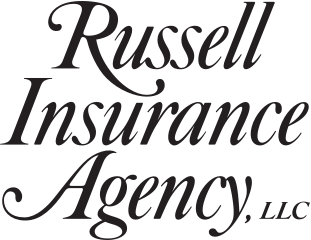
Your damaged car looks repairable, but instead, the insurance company has informed you that it will pay you the
value of the car before the accident and keep your car as salvage. Maybe that’s what you wanted, or maybe not. You
should know that the insurer is obligated to pay only the lesser of the actual cash value of the car or the amount
necessary to repair or replace it. If it costs more to repair your car than it is worth (which can easily occur with the
latest manufacturing technology), then you will be paid the actual cash value. That may sound simple enough, but in
practice, it can be more complex.
You and the insurer must agree on what the car was worth prior to the accident. Insurance regulations may
specify how the insurer is to determine the value with guidebooks or databases. Additionally, there is an appraisal
provision in the policy that provides the means to resolve a dispute with the insurer.
The insurer may decide that it is not feasible to repair a vehicle if the salvage value is high enough to offset the total
repair costs. In other words, if the insurer’s recovery from salvage can reduce the payment of actual cash value enough
to be less than the repair costs, then there is no incentive to repair the car. Also, state laws may require that newer vehicles
be branded as salvage if the repair costs exceed a percentage of the vehicle’s value.
However, in Connecticut, this occurs only when the insurance company declares the vehicle is a “total loss,” which
means the cost to repair the vehicle is higher than the vehicles fair market value. While you can get a “salvage”
title amended to a “rebuilt salvage” title after the Department of Motor Vehicles inspects the car and declares that repairs
are satisfactory, such title will likely adversely impact the future car’s value, despite its repair.
If you get into this discussion of total damage to your car after an accident, know that we offer our assistance in
helping to navigate through the claim adjustment. Call our office today to learn more about your car insurance coverage.

